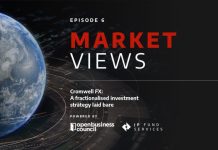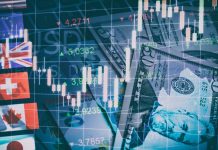While forex futures are commonly used as a hedging strategy for directional spot trades, they can also be used in isolation as instruments for speculative trading in their own right. In practice, trading forex futures isn’t that different to trading spot forex, so why would you want to trade them speculatively instead of making spot trades?

Pros:
- Futures have, on average, lower spreads than spot forex trades, reducing the cost of doing business of each transaction by approximately a third
- Transaction costs are also lower, with prices commonly as low as $5 per futures contract
- You can use more leverage with futures contracts, increasing profit potential while remaining within established risk management tolerances.
Cons
- Futures are not suited to low-end retail investors, as they usually require a lot of starting capital. This is because smaller lot sizes are not commonly traded, restricting you to using leverage to trade standard ($100,000) lots.
- Unlike the spot forex market, forex futures cannot be traded around the clock. This is because they all go through the Chicago Mercantile Exchange (CME) and its partners, and therefore trading is restricted to the opening hours of this exchange.
- You may also need to pay fees to the National Futures Association, increasing the cost of doing business.
With these differences in mind, as well as the functional differences we have detailed in previous parts of this series, it is important to remember the similarities between trading futures and spot forex speculatively. Most notably, the analysis tools that you use to inform trades and provide signals are much the same, particularly technical analysis tools such as Fibonacci studies, Gann studies, and pivot points as futures work well in trending markets. You can also use more advanced strategies, such as arbitrage, to trade forex futures.
As we can see, forex futures operate similarly to traditional stock and commodity futures. There are many advantages to using forex futures for hedging as well as speculating. The distinguishing feature is that the futures are not traded on a centralized exchange. Forex futures can be used to hedge against currency fluctuations, but some traders use these instruments in pursuit of profit, just as they would use futures on the spot market.
Tradersdna is a leading digital and social media platform for traders and investors. Tradersdna offers premiere resources for trading and investing education, digital resources for personal finance, market analysis and free trading guides. More about TradersDNA Features: What Does It Take to Become an Aggressive Trader? | Everything You Need to Know About White Label Trading Software | Advantages of Automated Forex Trading









































